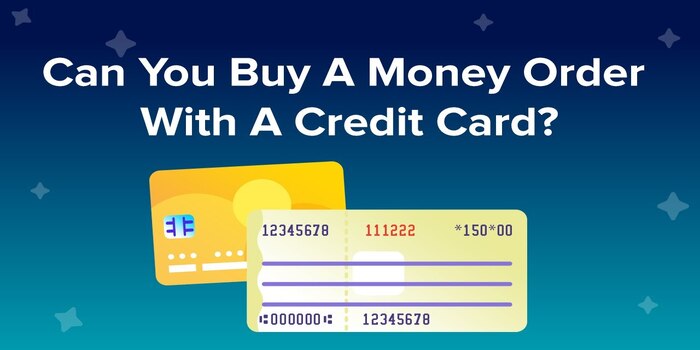A charge-off, short for "charged off," is a payment that hasn't been paid. It can be one of the worst things to show up on a credit report. the consumer's credit record will show that the debt has been "charged off." If you have a charge-off on your credit report, lenders will see you as a high-risk user likelier to stop making payments. But what does it mean to take something away from another thing? Read on to learn more about a charge-off and whether you can get it taken off your credit report.

What Does "Charge-Off" Mean?
A creditor will charge-off your account if they don't get paid. Charge-offs can drastically damage your credit score. Charge-offs reduce credit scores. This may make getting loans or credit harder. After charge-off, the full bill is due. Loan repayment is beneficial. Collection agency debtors often pay off past-due balances. If they do, your credit report will show the amount you paid toward the charge-off and a new collection item for the balance. The collection file lists the loan balance. Instead of the creditor, deal with the claims business holding the bill.
Charge-Offs and Credit Scores: How Much?
Charge-offs affect your credit score like any other bad item. Charge-offs affect your credit score like any other bad item. Charge-offs affect your credit score like any other bad item.
If your credit report has several negative items, a charge-off may not hurt your score. Only if your record is clear of other potentially detrimental material. The tax deduction adds to your joy. Every month a payment is late might hurt a person's credit score.
Late or missed payments hurt credit scores the most, especially after the first payment is more than 30 days late. Even before the charge-off, your credit score may be bad. Charge-offs usually occur six months after a client's credit score drops. They skipped payment.
Do Charge-Offs Go Away After 7 Years?The worst information, like bankruptcy and accounts that have been written off, stays on credit records for almost 7 years after date of late payment. When this amount of time has passed, the listed data must be removed immediately.Credit Report Charge-Off Removal:
It could be hard to get charge-offs and other nasty things off of credit records. If the information is correct, for seven years. Some misinformation can stay on your report longer. There are various charge-off solutions. If a charge shows up on your credit report, you can do the following things:Determine the details of the debt:To start, you need to gather all the information about the loan that was written off. There is information about how much is due, who now owns the loan, and when the loan will end. Sometimes, the original borrower will use a collection service to deal with a bill that hasn't been paid on time.Inaccuracies? Dispute them:You can get a lousy obligation taken off your credit report if, after looking into the details of your debt, you find that the information about it is wrong. The credit reporting company has to look into your claim, and if they find a mistake, they have to either fix it or take it out of their record completely.

Negotiate with the creditor:You can talk to the creditor or debt collector if the charged-off account is yours and its information is accurate. In this case, you could have the account changed or taken off your credit record. You don't have to worry if you don't have the total amount. If the account has been unpaid for a long period, the collector may be willing to accept for less. If another corporation bought the debt, the new owner almost certainly paid less than the loan's market value.You should use a "pay for delete" method, an official request to take the account off your credit report in exchange for a fee. In this situation, you should get paid to delete the account. Even though the Fair Credit Reporting Act allows pay-for-delete contracts, customers should know a few things before agreeing. First, creditors are not expected to stop charge-offs when asked, even if they have the power to do so. Even if the law allows you to ask for a pay-for-deletion deal, creditors and debt collectors do not have to agree. This is true even though the law says you can ask for this. Second, if they want to work with you, they may require you to pay them in full before they give you the money.Hire a credit repair company:You could also work with a good credit repair company to get charge-offs and other nasty things from your credit record. A company that deals in credit improvement might save you time, but it will cost you money, and they won't be able to do anything you can't do yourself. On the other hand, you can learn something from it.Worse, some credit repair companies are just clever scams that try to trick people into thinking they are getting real help when, in reality, they are just taking advantage of them. Worse yet, some credit repair companies are set up to trick people into thinking they are getting help when trying to scam them. If a credit improvement or debt relief service asks for money upfront or makes promises that seem too good, you should be careful and look for a better choice.Conclusion:A charge-off is never a good thing, no matter what. If you have one, your loan application could be turned down, or you might have to agree to less-than-ideal interest rates and fees. If you're in this position, don't try to put your head in the sand and avoid the problem by telling yourself you can't do anything about it. You can fix it or lessen its harshness to improve your relationship with your creditors.







